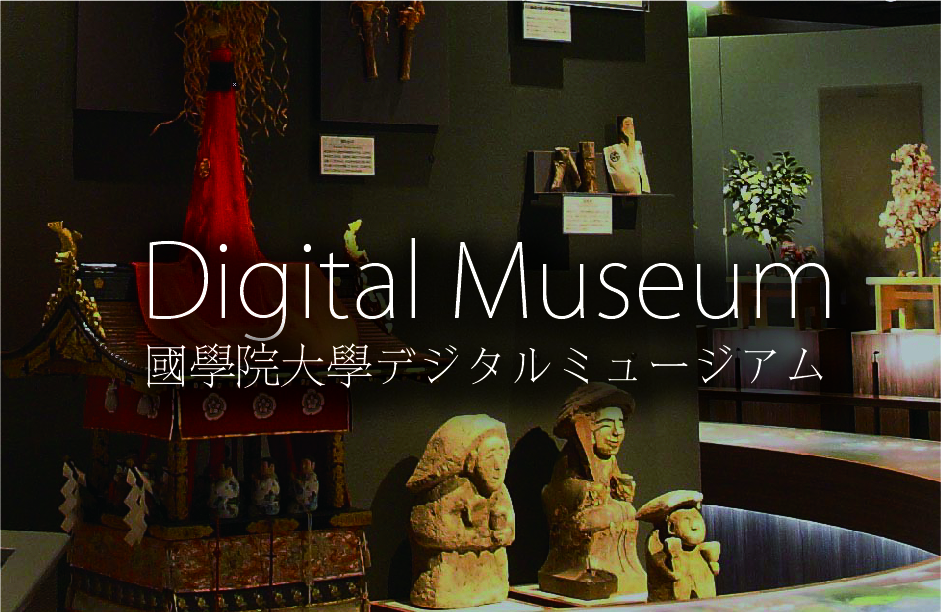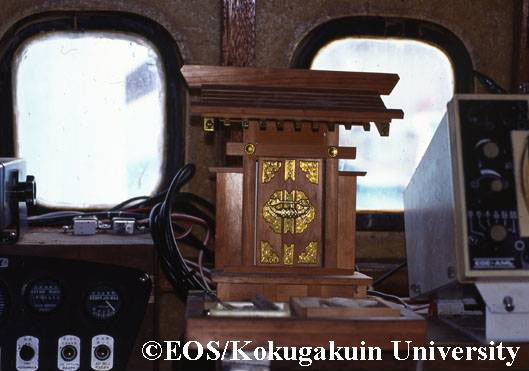- トップ
- Encyclopedia of Shinto
- Gyogyōshin
Encyclopedia of Shinto
| Main Menu: | |
| Links: |
詳細表示 (Complete Article)
| カテゴリー1: | 2. Kami (Deities) |
|---|---|
| カテゴリー2: | Kami in Folk Religion |
| Title | Gyogyōshin |
| Text | A general term for tutelaries of fishing invoked by fishermen in hopes of abundant catches and safety on the seas. A wide variety of kami serve as the centers of cults to fishing deities, including funadama (the guardian spirit of a ship), Ebisu, Ōdama, and Ryūjin (dragon kami). The funadama is a tutelary of ships which assures safety on the seas. References to the term funadama can be found in the "Register of the Kami (Jinmyōchō) within Engishiki, as well as the Shoku Nihongi. Such early references, however, fail to identify funadama with any specific kami, with the result that commentators have claimed funadama to be identical to Sumiyoshi ōkami, Sarutahiko no kami, and a confusing variety of other kami. In any event, the object of the popular funadama cult is generally believed to be female, and thus to forbid the presence of other females on the boat which she protects. Items serving as the kami's physical representation (shintai) may include women's hair, a pair of dice, a pair of male and female dolls, twelve 1-mon coins, or grains; such items are frequently enshrined by the ship carpenter beneath the central mast before the ship is launched. In the event of an untoward event such as a continuing scarcity of fish or the carrying of a dead body found floating in the sea, the ship's carpenter is usually assigned to replace the funadama, but in earlier times, practitioners of Shugendō or female mediums (miko) were also involved. Another kami also widely invoked for abundant catches of fish was Ebisu. Today, fishing cults are centered primarily at the shrines Miho Jinja in Izumo, and Nishinomiya Jinja in Hyōgo Prefecture, but in addition to the deities of these specific shrines, the popular world of folk belief viewed as "Ebisu" anything with a mysterious power to produce plentiful catches of fish. As a result, objects of worship could include rocks hauled up in nets, debris washed ashore, drifting corpses, and whales and sharks. In addition, the cult of Ōdama, a "spirit of the nets" can be found particularly in the Inland Sea region, where a special type of fishing float called ebisu-aba serves as the concrete representation (shintai) of the kami. In some regions, fishing deities take the form of the "dragon deity" (ryūjin) which originated in beliefs in a deity of water (suijin), while in other areas, fishing boats may affix amulets of such kami as Kotohira, Sumiyoshi, or Inari inside the boat. -Suzuki Kentarō |





